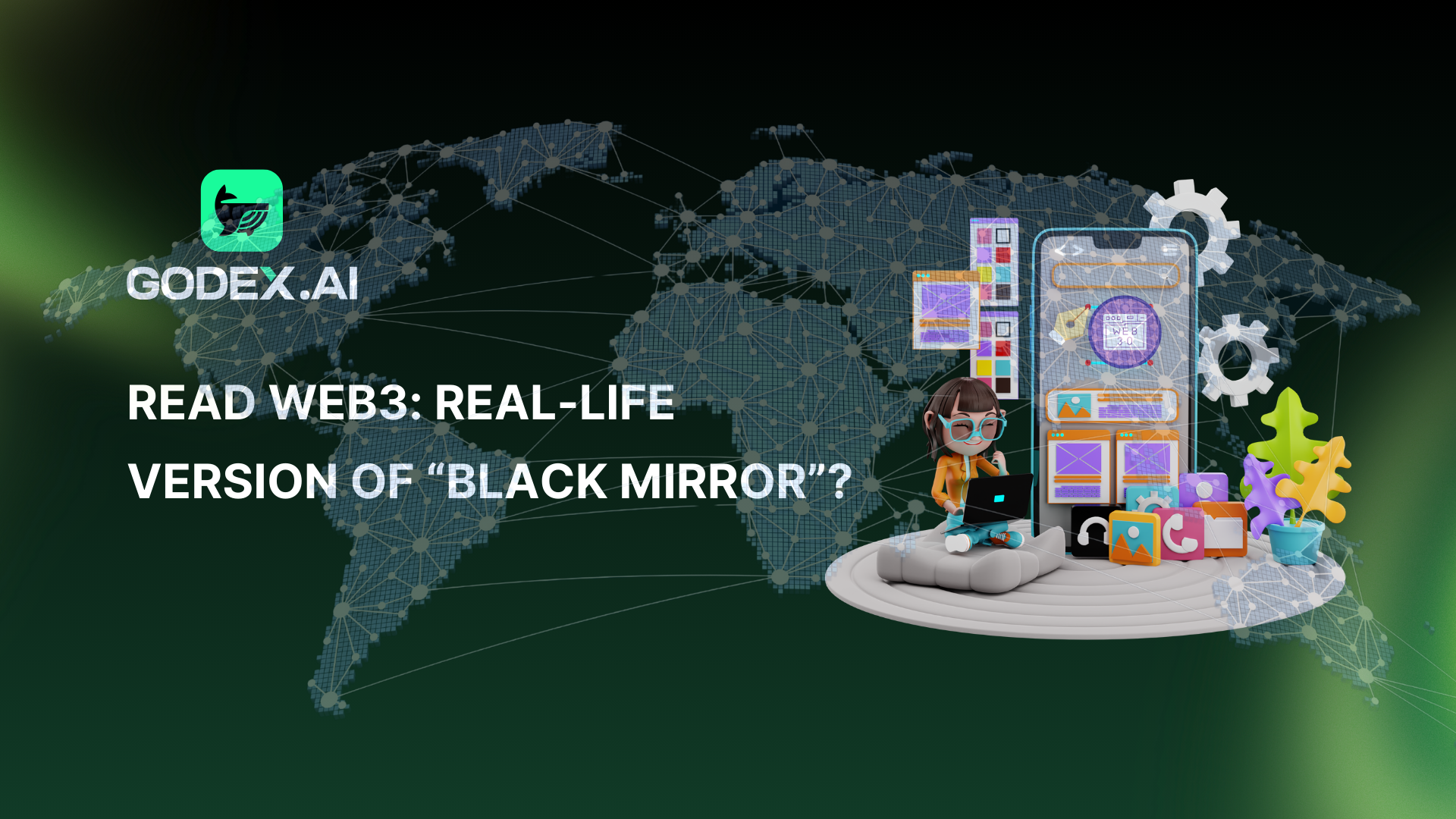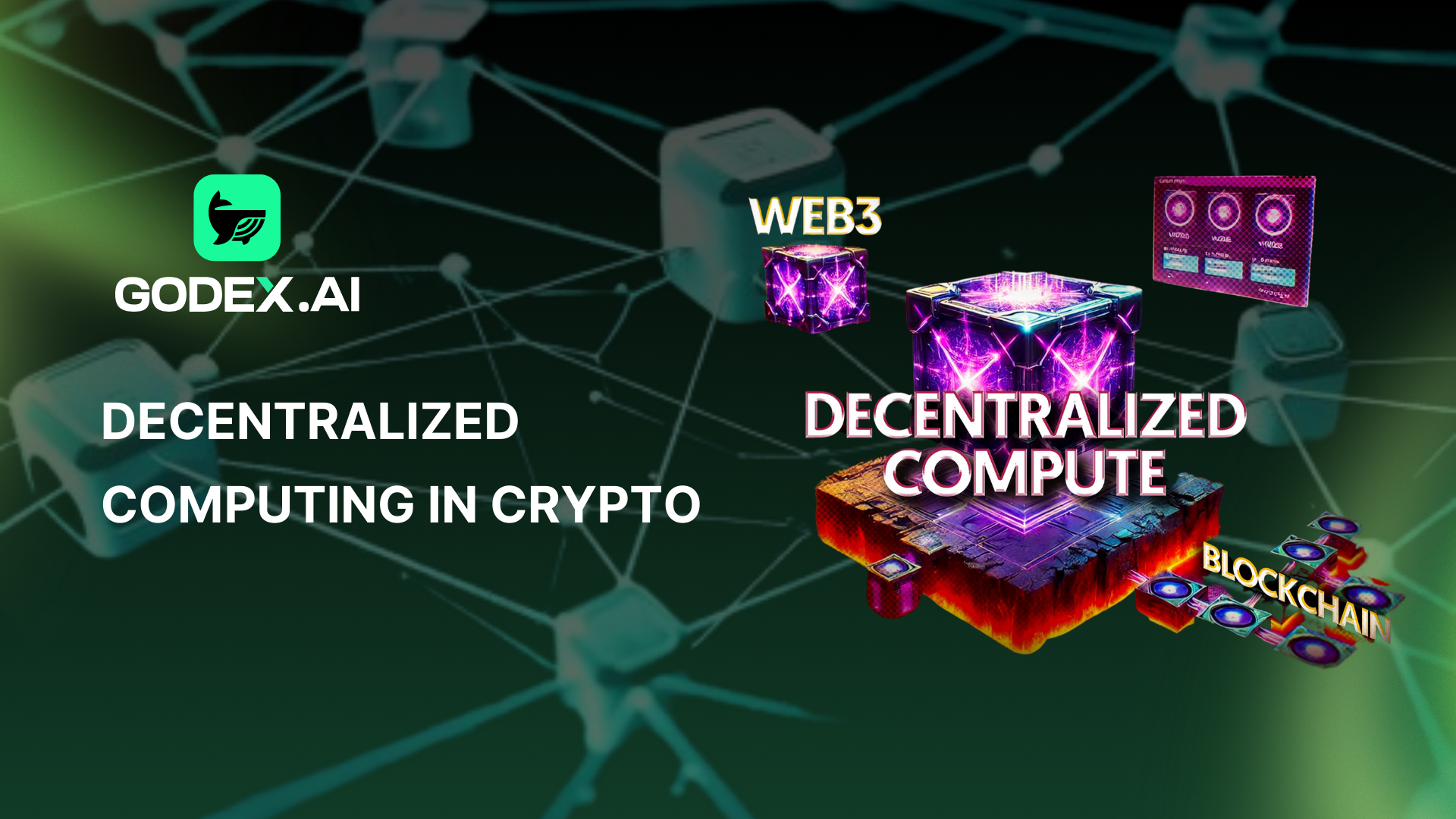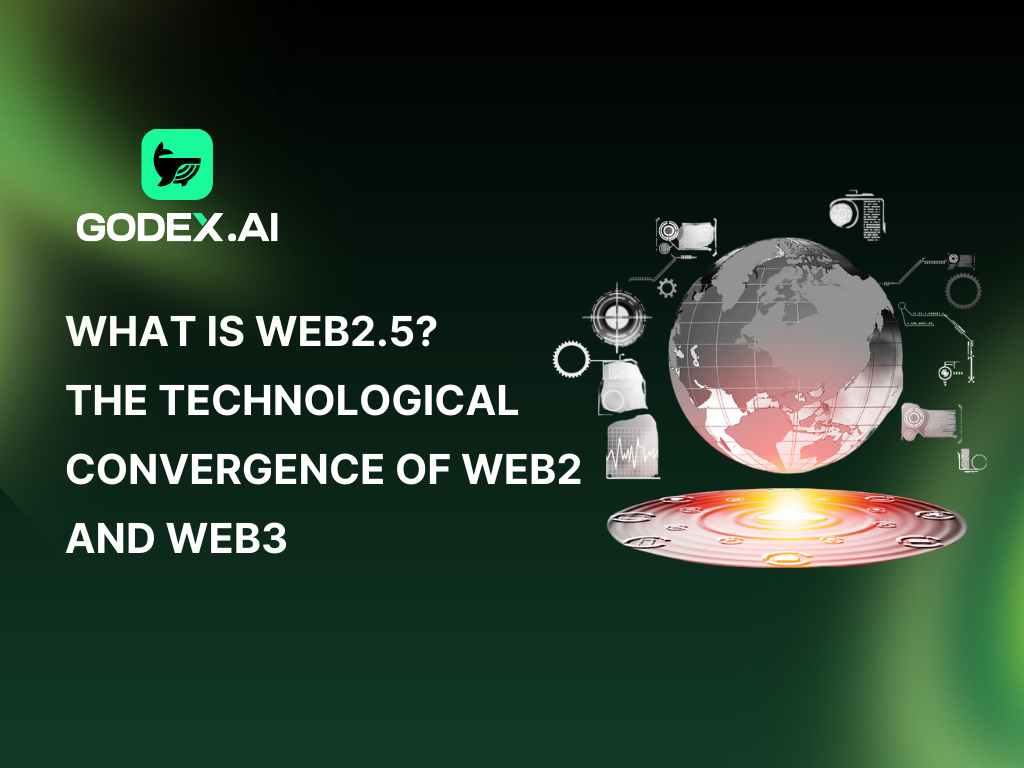
In an episode of the popular series “Black Mirror,” people have a permanent record of their online lives. And these records are the basis for others to look up and decide whether they want to hire, trust with a task, or even date that person.
Web3 with its concept of “decentralized identity” is making this movie vision a reality. Specifically, in the future, we could all have a kind of reputation score. This score is calculated based on the blockchain about the work we have done, the events we have attended, and the projects we have contributed to.
This world sounds scary. Is Web3 all “dark”?
Web3 = web1 + web2 + decentralized network +…?
1. Why are people suddenly talking so much about web3?
Part of the reason is a mix of hype, FOMO , and marketing. But the Web3 boom also reflects the amount of capital, talent, and energy pouring into crypto startups.
In 2021 alone, venture capital firms poured more than $27 billion into cryptocurrency-related projects—more than the previous 10 years combined. And much of that capital went to web3 projects. Several major tech companies, such as Twitter and Reddit, have also begun experimenting with their own web3 projects.
2. What exactly is web3?
Web3 is the name some technologists have given to the idea of a new type of internet service. It is built on decentralized blockchains — the shared ledger systems that cryptocurrencies like Bitcoin and Ether use.
The term has been around for a few years, but has only become popular in the last year or so. Packy McCormick, an investor who helped popularize web3, defines it as: “an internet owned by its builders and users, governed by tokens.”
Advocates explain that web3 can take many forms: decentralized social networks, “ play-to-earn ” games that reward players with tokens, and NFT platforms that let people buy and sell products of digital culture. More idealistically, web3 will transform the internet, bypassing traditional “gatekeepers” and ushering in a new, disintermediated digital economy.
But some critics believe that web3 is just an attempt to “dress up” cryptocurrency, aiming to remove some of the political and cultural issues in the field and convince people that blockchain is the natural next stage of computing. While others think it is a dystopian vision of a pay-to-play internet world, in which every activity and social interaction becomes a financial instrument to be bought and sold.
Learn more: What is Web 3.0 ?
3. So what about web1 and web2 generation?
In traditional parlance, web1 refers to the internet of the 1990s and early 2000s. It was the internet of blogs, online forums, and early portals. Most of what people did on web1 was passively read static web pages, and much of that web was built on “open protocols” like HTTP, SMTP, and FTP. (An open protocol is a piece of web infrastructure that isn’t owned by a single company.)
Moving on, web2 is the next phase of the internet, which started around 2005 — the period when social media giants like Facebook, Twitter, and YouTube exploded. In web2, people post their own content and actively participate in the internet, rather than just passively reading things. But most of this activity is controlled by big companies, and they make money from it.
It is believed that web3 will replace centralized platforms owned by large corporations with open protocols and decentralized, community-driven networks, combining the open infrastructure of web1 with the public participation of web2.
Web3 = Product = Investment Opportunity
4. What is the mission of Web3?
Specifically, according to supporters, how will the mission of web3 be realized?
Proponents of web3 argue that a blockchain- based internet will improve the current internet in a number of ways.
First, web3 platforms can help creators and users monetize their activities and contributions — in a way that today’s large platforms really can’t.
For example, Facebook currently makes money by aggregating user data and selling it to advertisers. A web3 version of Facebook could allow users to monetize their own data or, for posting interesting content, they could even get “tips” in cryptocurrency from other users.
Spotify web3 could allow fans to buy “shares” in up-and-coming artists, becoming patrons of the artist in exchange for a percentage of their streaming royalties. Drivers on a network could own a Grab web3.
Journalist Matt Levine put it this way: “Web3 is a product but also an investment opportunity.”
Second, proponents argue that web3 platforms can be democratically governed in ways that web2 platforms cannot.
Internet giants like Facebook and Twitter are essentially autocracies. They can take usernames, ban accounts, or change rules at will. A blockchain-based social network, on the other hand, could delegate those decisions to users, who would then vote on how to handle them.
Third, proponents argue that, compared to web2, web3 will be less dependent on advertising-based business models. As a result, people will have more privacy, less tracking, less annoying ads, and fewer giant companies collecting their personal data.
5. Specific examples of web3
Can you give a specific example of web3 that exists?
A prime example of web3 is the game Axie Infinity , which uses NFTs and Ethereum-based cryptocurrencies to reward players with real money as they complete in-game objectives.
In the game, players can “breed” characters called Axies and use them in battles against other players. They can also collect virtual land, in the form of NFTs, and earn a digital currency called SLP that can be traded on cryptocurrency exchanges.
But the game’s reliance on cryptocurrency makes it unstable, and players can lose money if the token value drops — which has happened before.
But something is better than nothing! Web3 advocates argue that if you spend hours a day playing games, you should at least have the opportunity to get paid to play them.
6. Example of web3 that is not a game?
What other examples of web3 are there that are not related to games?
Helium might be a good example. It is basically a crowdsourced wireless network powered by cryptocurrency.
People can sign up to share bandwidth from their home or office Wi-Fi network with the Helium network , using a special device that plugs into their computer or router. In return, they are rewarded with Helium tokens when nearby devices use their bandwidth.
The more often their hotspots are used, the more tokens they receive. The Helium network currently has over 500,000 active hotspots, many of which power connected devices like parking meters and electric scooters.
You could build a similar network without cryptocurrency by going door-to-door, trying to convince people to share a small portion of their internet bandwidth with their neighbors. Or, if you’re a big telecom company, you could spend billions of dollars building such a network yourself.
But Helium has built a network without spending a huge amount of money up front — by allowing people to earn tokens for adding new coverage to the network. The founders of this project have effectively used the popularity of cryptocurrency to fund what they want to build.
A world where information exists forever
7. The appeal of web3?
So is web3 appealing in part because it encourages people to do things they might not normally do — like play games or share Wi-Fi with strangers?
These examples are just a starting point. Delving into the theoretical realm, some believe that web3 could become the backbone of a new tokenized society .
“In the not-too-distant future, web3 will contain financial institutions, social interactions, our personal identities and much more,” said crypto investor Lior Messika.
There has been a lot of talk in the web3 community about “decentralized identity”. The concept is that, in the future, we could all have a reputation score, a blockchain-based score of the work we’ve done, the events we’ve attended, and the projects we’ve contributed to.
Essentially, these profiles become permanent records of our online lives. And others can look them up to decide whether they want to hire us, trust us with tasks, or even date us.
8. So will web3 take place like the episode “Nosedive” in the series “Black Mirror”?
Sounds scary. Isn’t there an episode like that in the series “Black Mirror”?
That’s right. The permanence of web3, coupled with its dependence on volatile cryptocurrency markets, is part of the reason its grand vision has met with so much resistance.
For example, writer and technologist Robin Sloan says that the ability to delete things — “an activity that is fundamentally antithetical to web3,” — is actually a desirable feature of internet services.
Stephen Diehl, a computer programmer and crypto-phobe, went even further, calling web3 a “hyper-financialization of all human existence.”
9. Are there any other objections to Web3?
Some skeptics think that, from a technical perspective, web3 simply doesn’t make sense.
They point out that blockchains are significantly slower and less capable than standard databases. Even the most popular blockchains today can’t handle the amount of data that Grab, Facebook, or YouTube use on a daily basis. They argue that in order for web3 services to meet user needs, you have to build centralized services on top of them — which defeats the whole idea of web3.
There is also the perception that web3 is a “lip service” for wealthy investors to get to the decentralized world, when in fact they are building new, centralized services that they control – effectively making themselves the new middlemen.
Web3 – old wine in new bottle?
10. Web3 is opposed?
Is this the issue that Jack Dorsey – former CEO of Twitter – is protesting on Twitter?
Yes. Dorsey is a big fan of Bitcoin, believing it will replace the US dollar and usher in world peace. And like many Bitcoin fans , he is skeptical of other cryptocurrencies, including Ethereum — the blockchain that most of the web3 ecosystem runs on.
In a series of tweets last December, he criticized web3, saying that it was ultimately “a centralized entity by another name.” He also took a shot at Andreessen Horowitz , a prominent venture capital firm that invests heavily in web3 projects, implying that their vision of web3 would be to take control away from users and put it in the hands of wealthy investors and centralized tech platforms.
11. What do regulators say about web3?
So far they haven’t had much say on web3, although the topic was brought up in a recent US congressional hearing.
But once regulators start taking notice, web3 could face some hurdles. One big potential problem is that tokens — which are crucial to many web3 applications — currently exist in a legal gray area.
Some regulators in the US, including Gary Gensler, director of the Securities and Exchange Commission, have argued that many tokens are unregistered securities and that platforms offering tokens should be subject to the same rules as companies issuing stocks and bonds.
Cryptocurrency companies argue that tokens should be treated as a new asset class, not subject to current securities laws. But it’s unclear whether they will win that argument. And if U.S. web3 startups are required to treat their tokens as securities, many projects could have to shut down, change their products, or move to another country.
12. Is Web3 related to the metaverse?
Metaverse is the term people are currently using to refer to a vibrant digital world where users can socialize, play games, join meetings, and do other activities together. It was also the vision that Mark Zuckerberg outlined when he announced that Facebook was changing its name to Meta .
And some crypto advocates believe that web3 is an essential part of the metaverse, because it will allow for the creation of metaverses that are not controlled by a single company or governed by a single set of rules.
Many objects in the metaverse could also be tokens if the web3 builders wanted. Your metaverse avatar could be an NFT . Your metaverse house could come with a governance token or be a condition of your participation in a neighborhood DAO . The mortgage on that house could even be packaged into a collateralized security token and sold on a decentralized exchange.
To be honest, most of this is purely theoretical, and it’s unclear when it will become a reality. But over the next few years, web3 is a word you’ll hear a lot — as people try to understand and embrace the new experiences, platforms, and money-making opportunities that crypto enthusiasts are trying to create.
Web3 is considered the future of the Web generation when it can solve the problems of Web2 as well as create more value for the community. However, Web3 still faces many challenges, you can watch the video below to get the answers!



